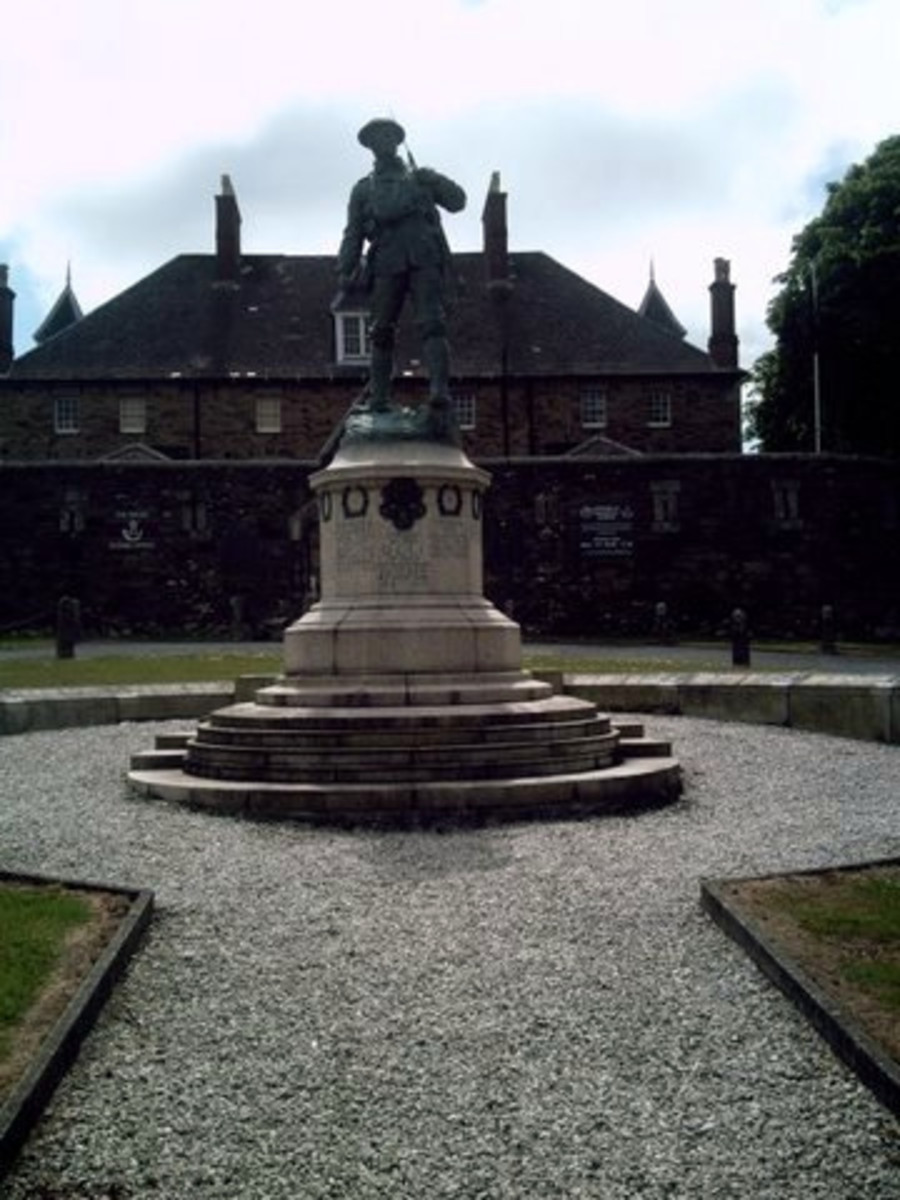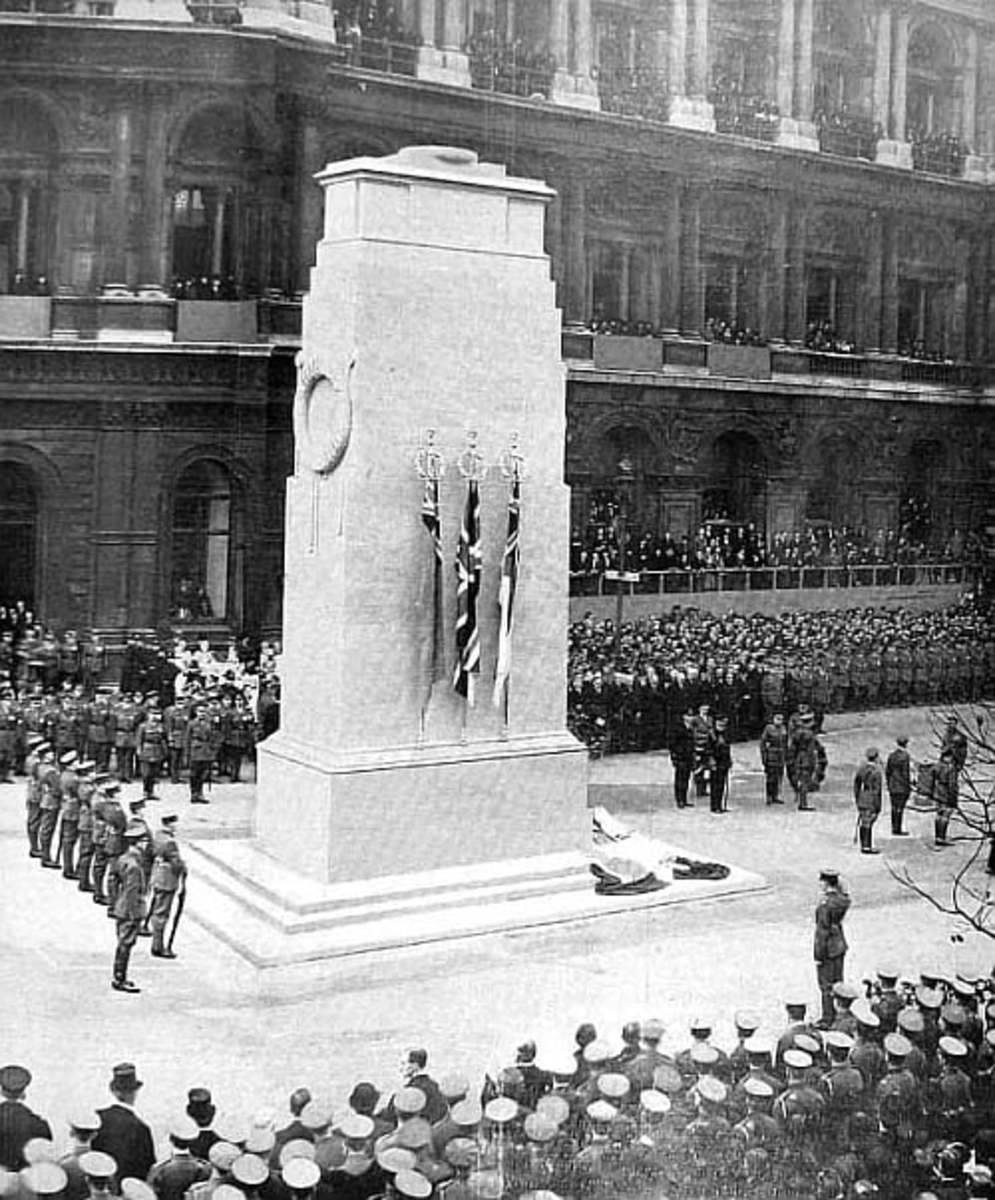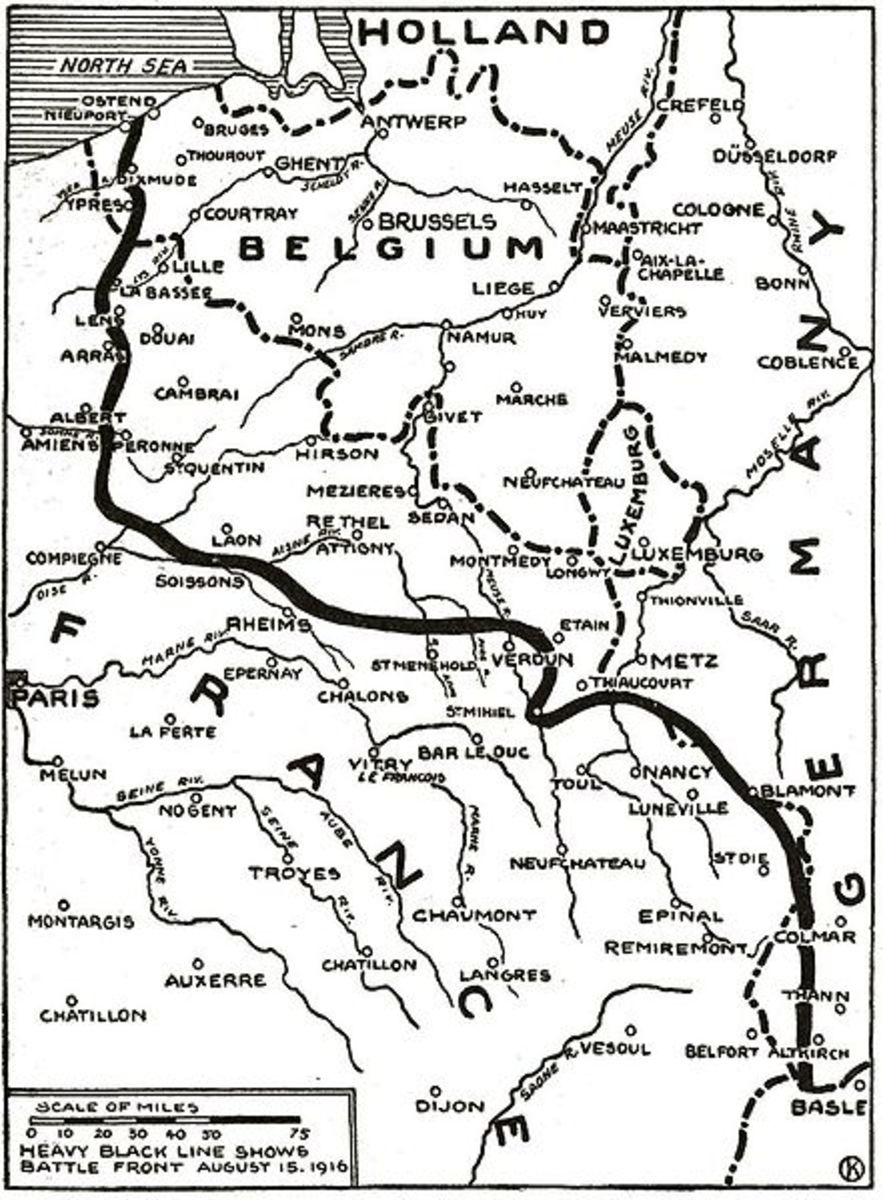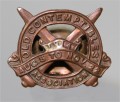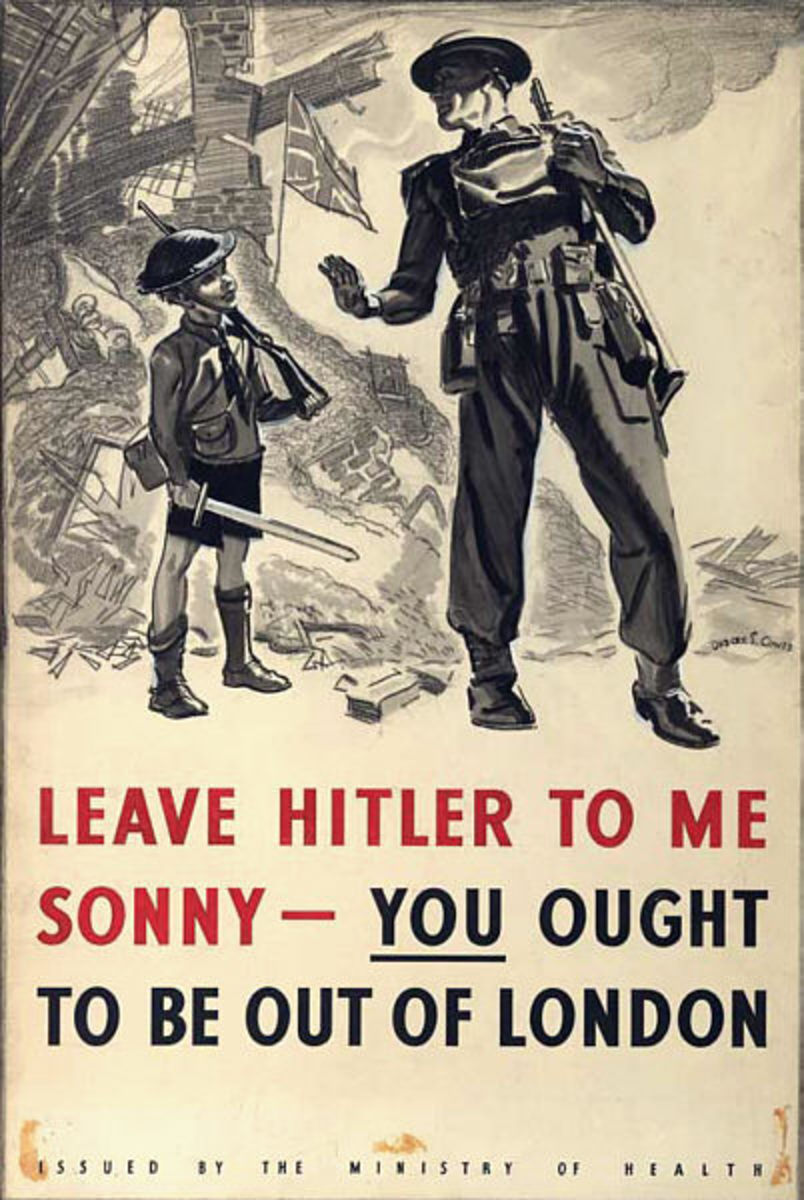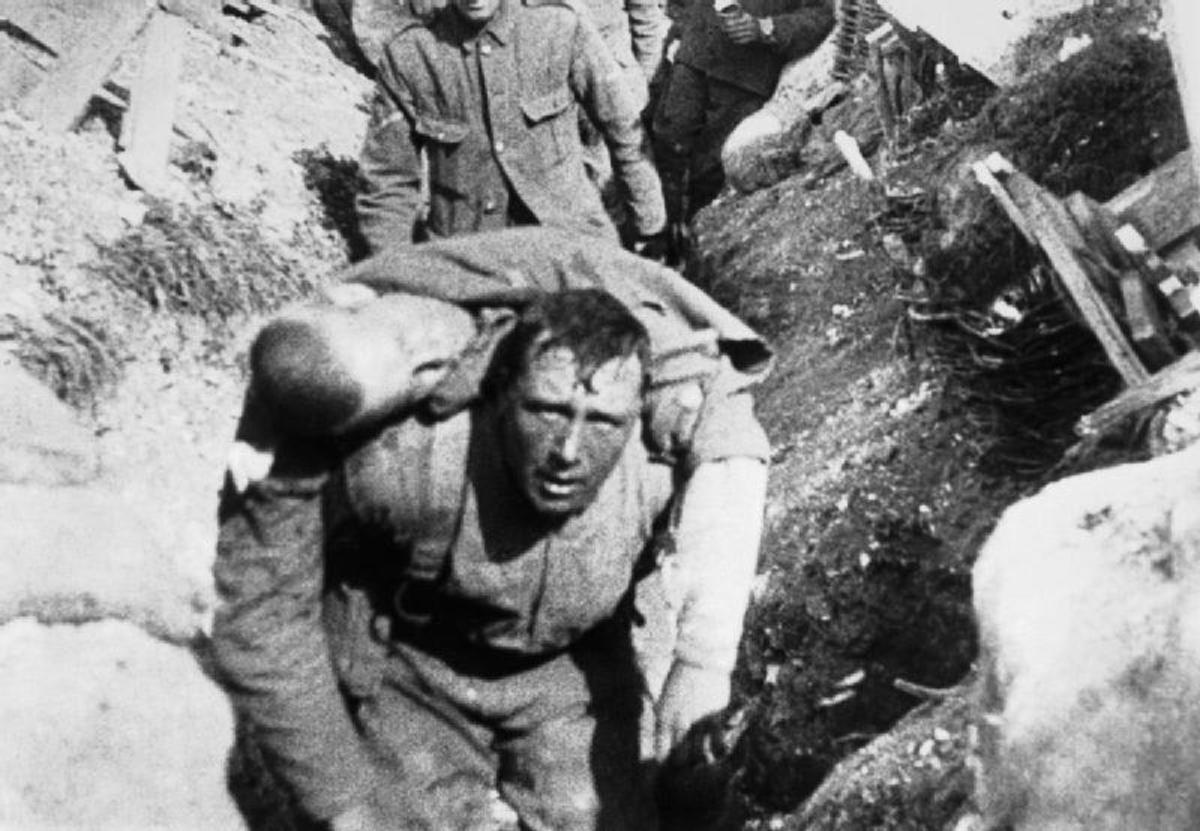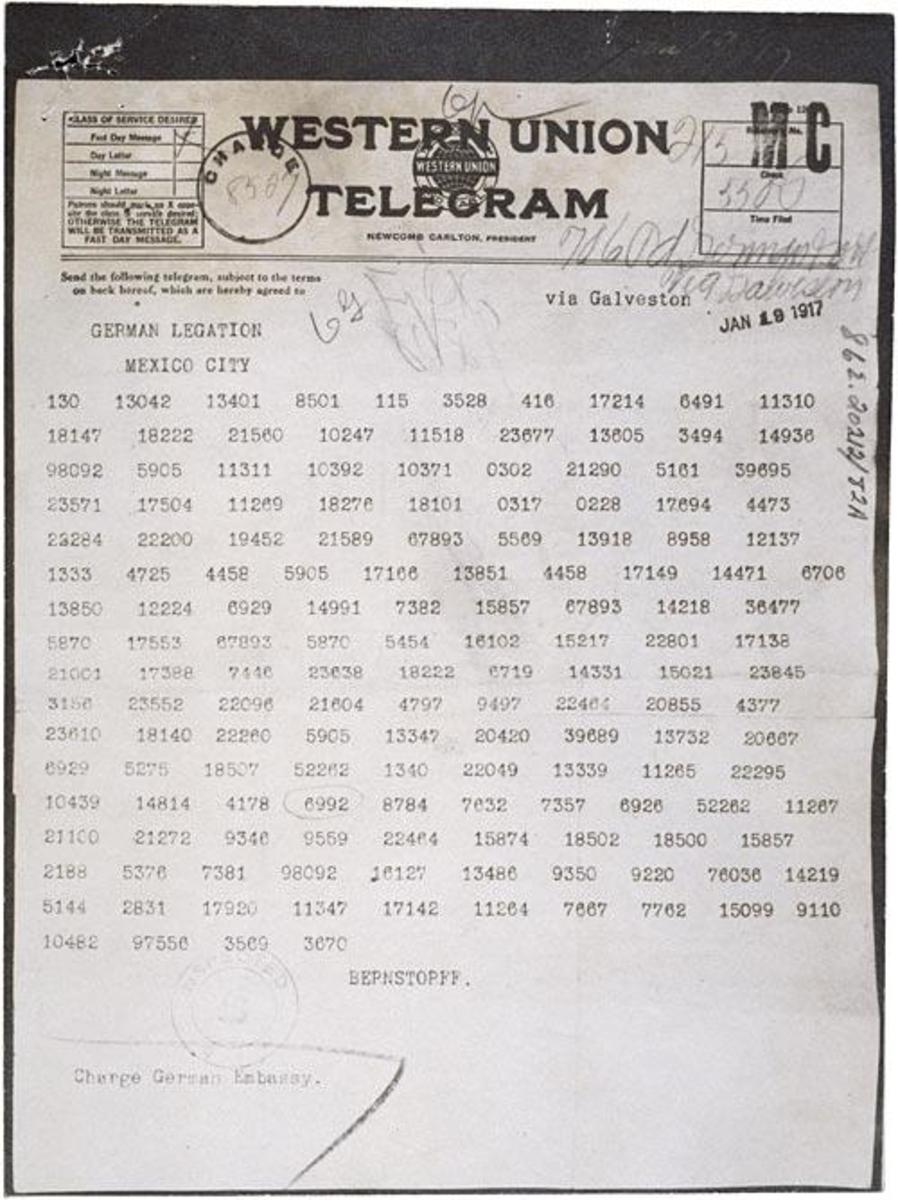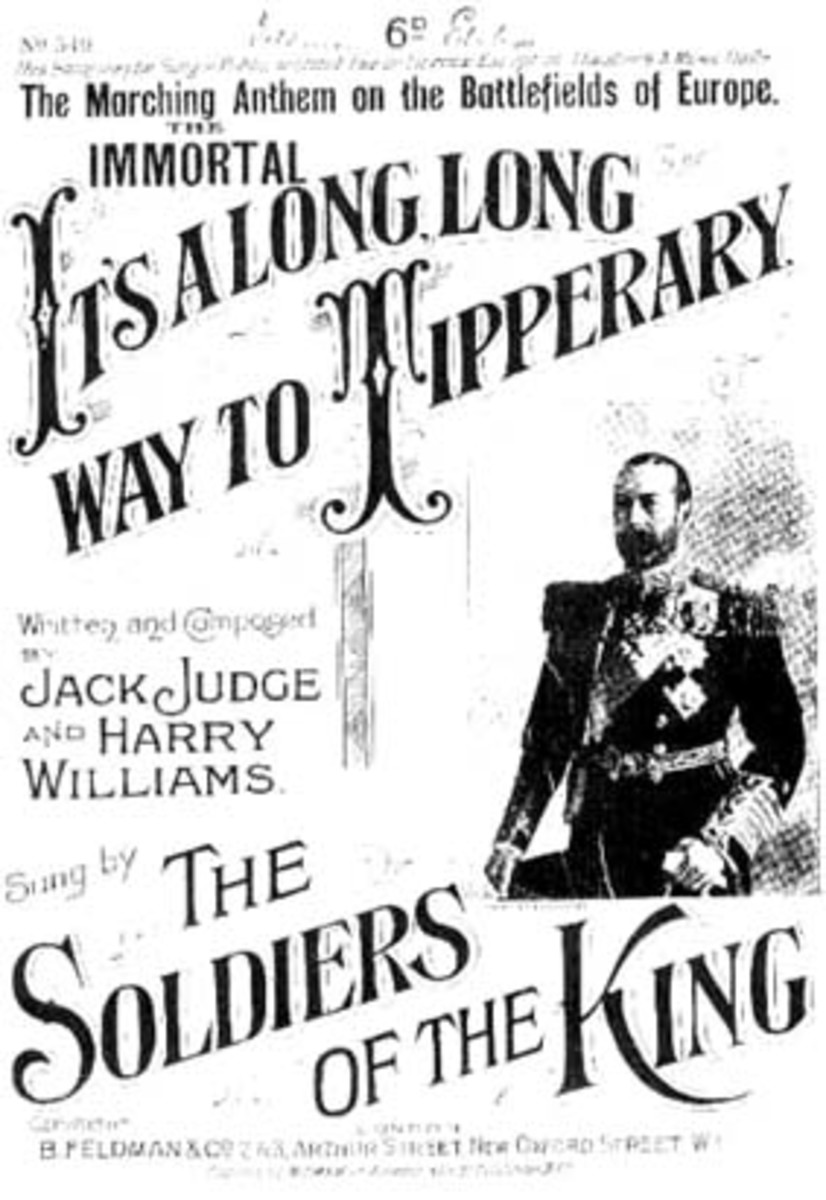- HubPages»
- Education and Science»
- History & Archaeology»
- History of the Modern Era»
- Twentieth Century History»
- World War I
The First World War: The Pals Battalions. Recruitment & Loss.
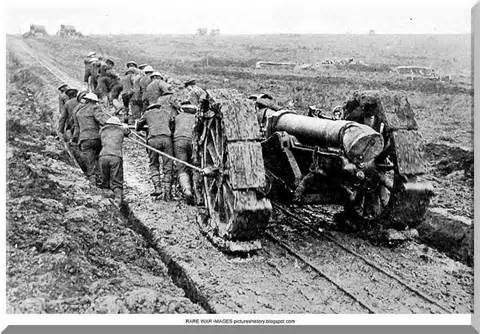
Raising Local Battalions.
During 1914 and 1915 young men were called upon to volunteer to join the army. A brass band would arrive in a given district and would then march down the streets playing stirring military music. A speaker would sometimes be present along with a recruiting team. There would be a 'Call to Arms' and the young men would line up to sign on the dotted line. These young men would usually know each other, perhaps they worked together or were members of local clubs, went to the same pubs or local societies. Many battalions were raised in this manner and became known as 'Pals Battalions'. Morale was high and comradeship was strong. They would need both in the coming months. There was one particular failing in this method of recruitment. All these fine young men would laugh together, fight together and they would die together.
The Losses.
Some small towns and villages lost a whole generation of young men. Mothers, wives, girlfriends, children, fathers and so many more were devastated. The young dreams of a generation were shattered, the men were gone. Many thousands of women kept promises that they had made and remained spinster for the rest of there lives.
My Own County of Lancashire.
In my own County of Lancashire, the 11th (Service) Battalion (Accrington) East Lancashire Regiment., became 'The Accrington Pals' On the 1st July 1916 it was the first day of the Battle of the Somme. There were 720 men moved forward 584 were either killed, wounded or missing on that first day. The Somme was one of the biggest battles of the war. On the first day of the battle 21,000 British soldiers were killed yes 21,000. This figure was for one battle on one day of a war that was fought in the trenches for four years. From 1914 to 1918.
The Battle at Arras.
In the spring of 1917 the Battalion took part in an attack in Oppy Wood which was near Arras. The engagement was successful but the Pals lost twelve men killed in action. As part of a large British Army re-organisation strategy. The Battalion transferred from 94 Brigade to 92 Brigade 31 Division on 11th February 1918. On the 21st March the Germans attacked on a 54 mile front. 64 German divisions were used in this assault and they broke through the British defences. Along with other divisions the Pals fought an eight day battle in their section of the line. They were fighting against five German divisions. They were relieved on 4th April, by that time the Accrington Pals had lost 240 men either killed, wounded or missing in action. Several Awards for bravery were earned in this battle including one Victoria Cross (VC) This is the highest award given for action under fire by Britain. This was awarded to; 2nd Lt Basil Arthur Horsfall this very gallant officer was killed on returning to the rear positions.
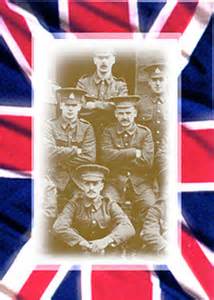
© 2012 Graham Lee


